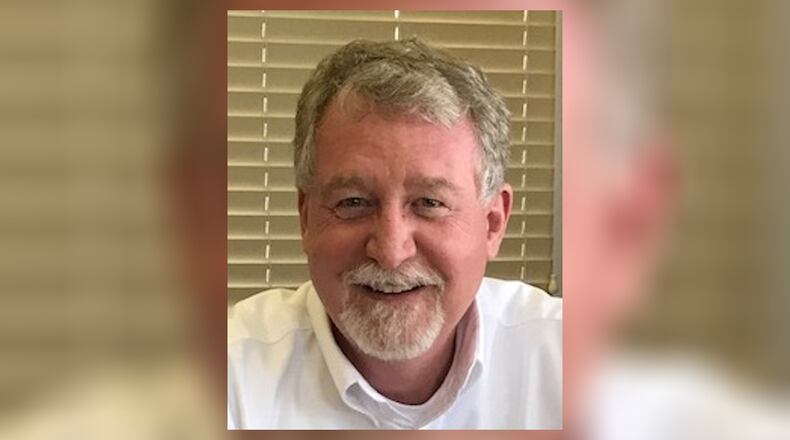The assessments are aimed at reducing the stigma of mental health issues while screening for treatable conditions, including adult and adolescent depression, anxiety, bipolar, alcohol use, post-traumatic stress disorder, eating disorder and substance use.
Each screening consists of about 13 questions and takes only a few minutes to complete. One finished, the respondent sees a personal assessment indicating if the results are consistent with a mental health disorder, as well as information about local resources to find help.
“Everyone who lives with or is touched by mental illness or addiction should be able to enjoy life as they want. The screenings offer another way toward achieving that outcome,” said Brent Lawyer, executive director at MHRS.
We found at more about MHRS from Lawyer.
Q: What is Mental Health Recovery Services of Warren & Clinton Counties (MHRS)?
A: MHRS is the local board of mental health and addiction services, one of 51 boards across the state of Ohio. State law requires us to plan, fund, monitor and evaluate the network of services and programs that help area residents seeking help to recover from mental illness and addiction.
Q: What is your mission and vision?
A: MHRS's mission is to share hope and caring to achieve recovery from mental illness and addiction. Our vision is to set the standard for excellence in delivering behavioral healthcare.
Q: How did it begin?
A: MHRS's beginnings date back to 1969, when Ohio lawmakers approved legislation to create community mental health boards. Over the years, boards were given additional duties and became known as alcohol, drug addiction and mental health services (ADAMHS) boards.
Q: How does MHRS help people with mental health and addiction?
A: MHRS contracts with various provider agencies to ensure delivery of quality mental health and addiction services and programs. Our role is to plan and monitor those services and programs to ensure people seeking help for mental illness or addiction are receiving the help they need.
Q: How is MHRS helping to combat the opiate addiction epidemic in Warren and Clinton counties?
A: We work closely with provide agencies to develop programs and services that address opiate addiction. Those services include one-on-one and group counseling, medication-assisted treatments and community supports, such as employment education and housing. In addition, we work with substance abuse prevention coalitions to develop prevention efforts and carry them out through schools, law enforcement agencies and community groups.
Q: Why is an organization like MHRS important to the community?
A: One in five Americans, nearly 44 million people, are living with a mental health issue. In addition, there are estimates that 23.5 million Americans 12 and older need treatment for a drug or alcohol addiction.
For the residents of Warren and Clinton counties who seek help to treat and recover from those issues and return to being productive citizens, MHRS is there to ensure the services and programs offered to help them provide quality care on their terms.
We are so humbled and happy to have had the strong support of Warren and Clinton county voters over the years and work hard to ensure their tax dollars are used to help local residents seeking treatment for mental health and addition issues.
We enjoy taking part in community activities and speaking with organizations, too. Let us know if you’d like us to talk with your group about mental illness and addiction services and programs.
Q: How can someone get involved?
A: If someone is seeking help for a mental health or addiction issue, or if you're interested in joining our board of directors, visit our website at www.mhrsonline.org for more information. You can also call us with questions about services and programs or becoming a board member at (513) 695-1695. Some of our partner providers also have volunteers. You can check with each directly to find out.
For more information, visit the MHRS website at www.mhrsonline.org.
Contact this contributing writer at lisa.knodel@gmail.com.
About the Author
